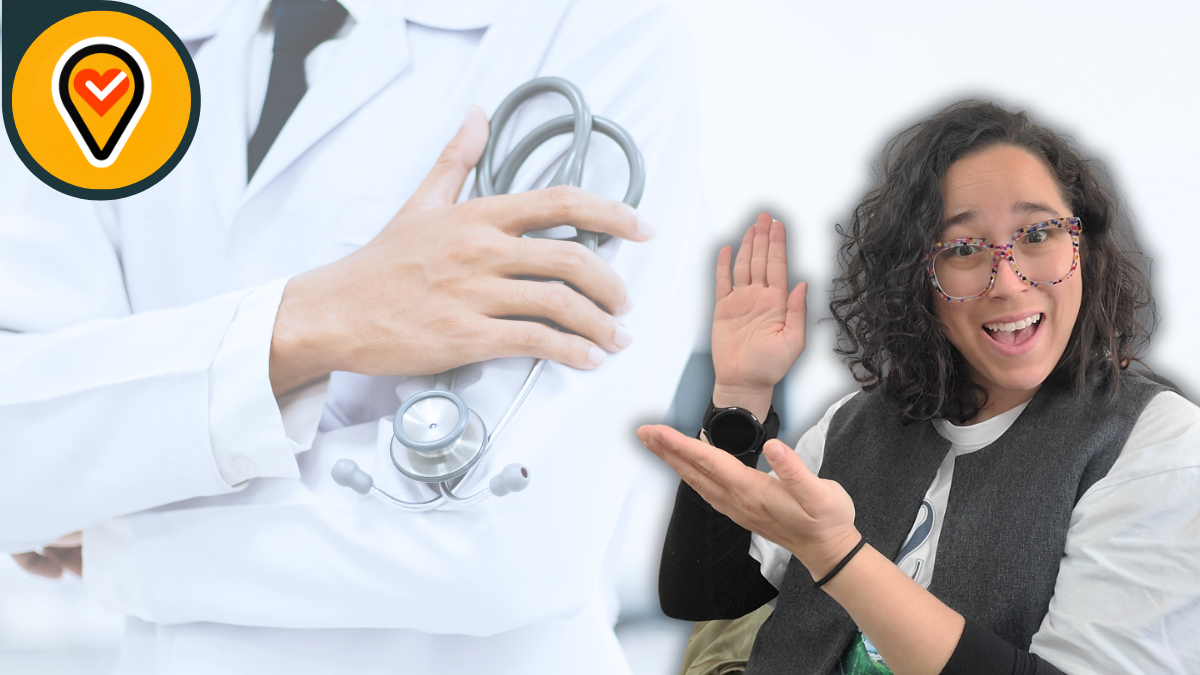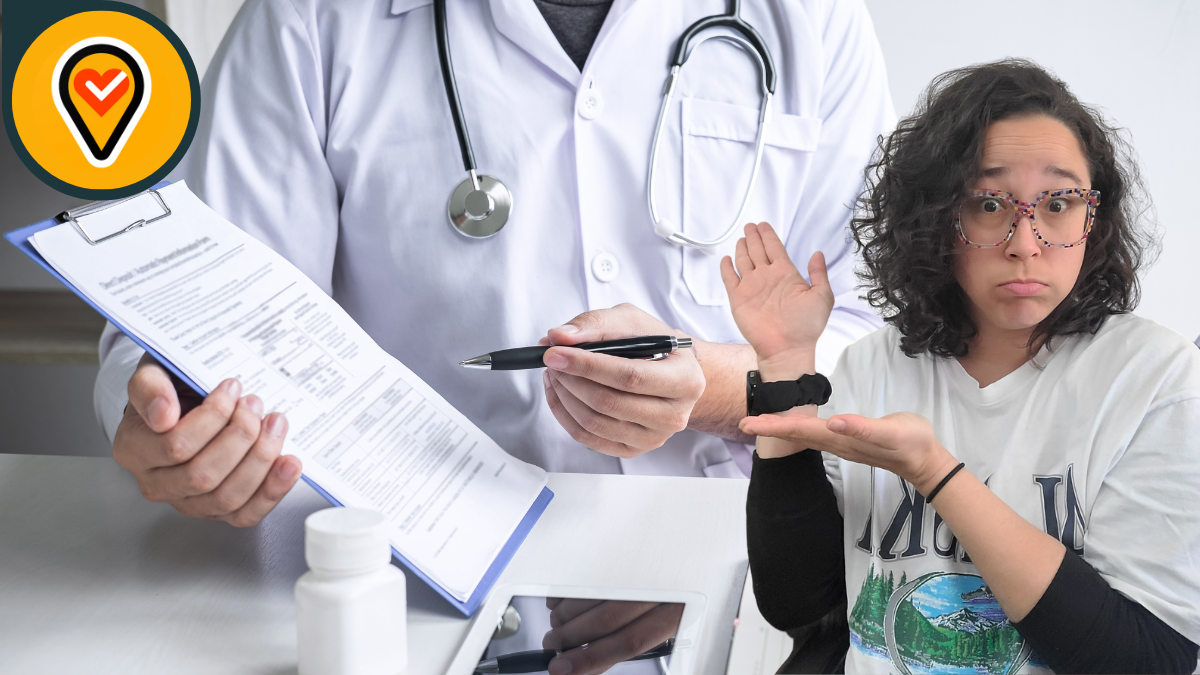
Wheelchair Rental in Korea
Did you know there are several ways to get a wheelchair rental in Korea? If life happens and you find yourself in need of rental medical equipment, whether recovering from an unexpected injury or healing after a procedure, there are several resources you can turn to. Read below to find which option is best for your unique needs.
Listen to the BlogCast
Don’t want to read? Listen to the South of Seoul BlogCast which provides accessible content through the use of AI technology. We don’t have time to read each article but we do our best to make more of our content accessible. If you would like to join our Accessibility Team apply to volunteer with South of Seoul.
Wheelchair Rentals for Sightseeing and Travel
Across Korea
For immediate short-term use, most malls, major tourist attractions, and expressway rest areas have free wheelchairs for use on-site. These wheelchairs are on a first-come, first-served basis so they may not always be available, especially during peak travel times. However, they can be a handy option to keep in mind when out traveling or sightseeing.
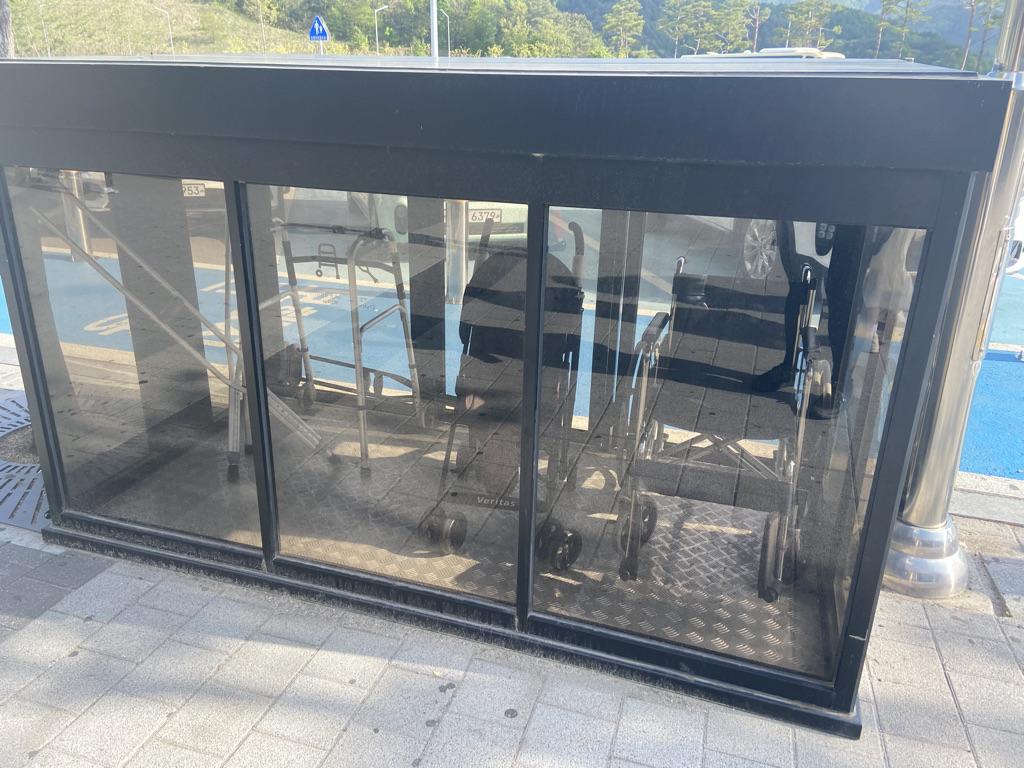
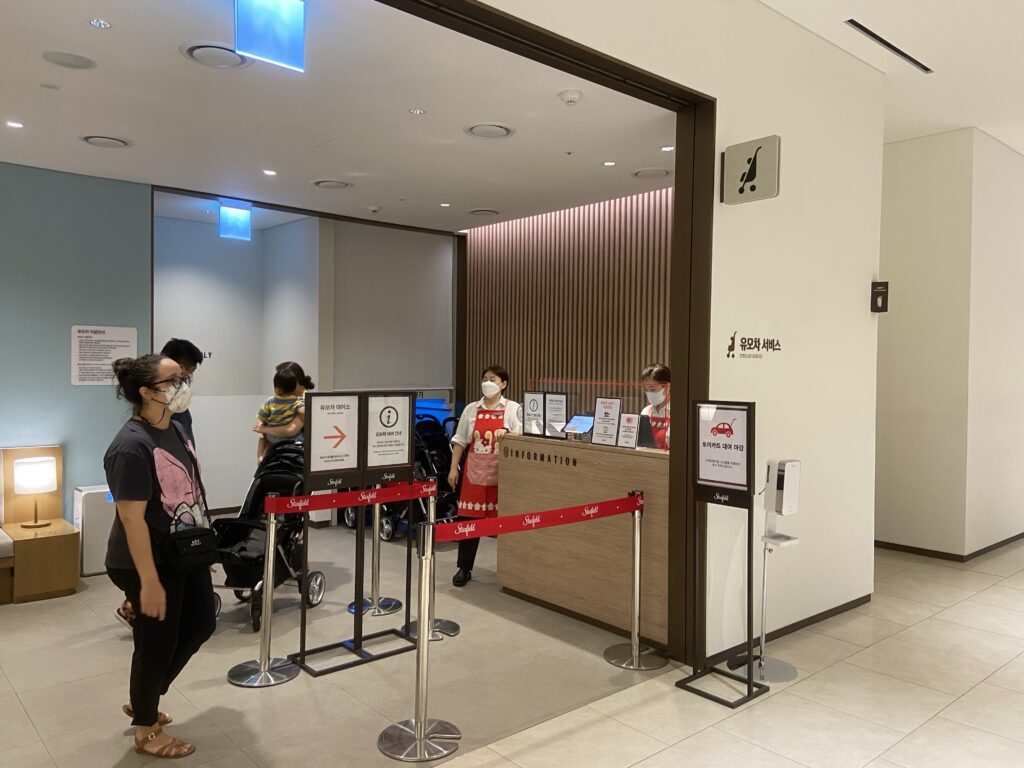

In Seoul
If you are planning a trip to Seoul and anticipate needing assistive medical devices while there, the Seoul Tourism Organization has a free rental program for tourists and foreign residents. You can rent wheelchairs through this service for 3 to 15 days. Medical equipment rentals includes:
- manual wheelchairs (수동 휠체어)
- shower wheelchairs (샤워용 휠체어)
- ramps of varying heights (휠체어 경사로)
- patient lifts (환자의 양력)
- shower chairs (샤워 의자)
- strollers (유모차)
This wheelchair rental option will require some planning ahead. You must complete an application 2 months to 14 days before the equipment is needed. Find more information and the application here.
Wheelchair Rentals for Those with National Health Insurance
If you have been living in Korea for longer than 6 months, you are likely enrolled in Korea’s National Health Insurance Service (NHIS). NHIS enrollment is compulsory for foreigners and Korean nationals alike after living in country for 6 months. However, enrollment does not apply to those living in Korea under SOFA status (US military and dependents).
The NHIS provides free assistive device rentals to insured individuals during their course of treatment and rehabilitation. Equipment available for rental from the NHIS includes:
- wheelchairs (휠체어)
- four-wheeled walkers (사륜 보행기)
- canes (지팡이)
- crutches (목발)
- assistive bathing devices (보조 목욕 기구)
These rentals may be limited based on location, so call the NHIS hotline to see what’s available near you. You can also call the hotline to inquire about receiving a rental.
NHIS Foreign Language Hotline Number: 033-811-2000 (available in English, Chinese, and Vietnamese).

NHIS Hotline
0338112000
Copy and paste phone numbers into Naver Maps to get directions
Hangul Name:
국민건강보험
Description:
This phone number takes you to an NHIS agent who can answer any and all questions you have about the Korean national health insurance including cost and coverage. English, Russian, Chinese and other language services are available. Note: It may be difficult for a call to go through during the lunch hour (12pm-1pm)
Tools to find Wheelchair Rentals in your Area
Navigation Apps
You can find wheelchair rentals in Korea using navigation apps you may already have on your phone. To find medical device stores in your area, search for Korean terms in Kakao or Naver Maps. Useful Korean terms that you can copy and paste into your app include wheelchair (휠체어) and medical equipment (의료기). You can add rental (대여) after either of these terms to specify a rental store.
After finding a store in your area on Naver or Kakao Maps, you can use BBB Korea translation service to contact the store to ensure they have what you need or to double check their hours. BBB Korea is a free service that provides support for foreigners in Korea over the phone and through messaging. Support is available in a variety of languages. Learn more about BBB Korea here.
Shopping Apps
Another option for finding a wheelchair rental in Korea is to use online shopping apps and websites like Coupang. To make purchases on sites like Coupang, you need to have both an alien registration card (ARC) and Korean banking account (or other way to make purchases like KakaoPay or Samsung Pay). Non-Korean bank accounts and credit cards may not be accepted on Korean online shopping sites.
If you do have access to online shopping in Korea, you can search Coupang for what you need using the following Korean terms:
- wheelchair rental (휠체어 대여)
- medical equipment rental (의료기 대여)
Wheelchair rentals on Coupang range in prices depending on the vendor and how long you need to rent.
Here is one wheelchair that is available as a 55,000 won per month rental on Coupang: https://link.coupang.com/a/Eo1Ls.
Be aware that Coupang’s English search has limited functionality. You may not be able to find wheelchair rentals if you seach in English, so extra time and patience will likely be required to navigate your way through the app or site. To help with this, you can use translating apps such as Papago or Google Translate.
Korea Wheelchair Tour
If you are searching for wheelchair accessible travel options, contact Korea WheelChair Tour Managing Director, Paul Chang by emailing mypaultour@gmail.com or calling 010-5360-9349.
Follow SOS Public Health For More Resources
Follow us on Instagram or Facebook to stay updated on SOS Public Health Initiatives. If you have questions about healthcare in Korea visit the Health and Wellness in Korea Facebook Group or feel free to message SOS Public Health with any questions or concerns.
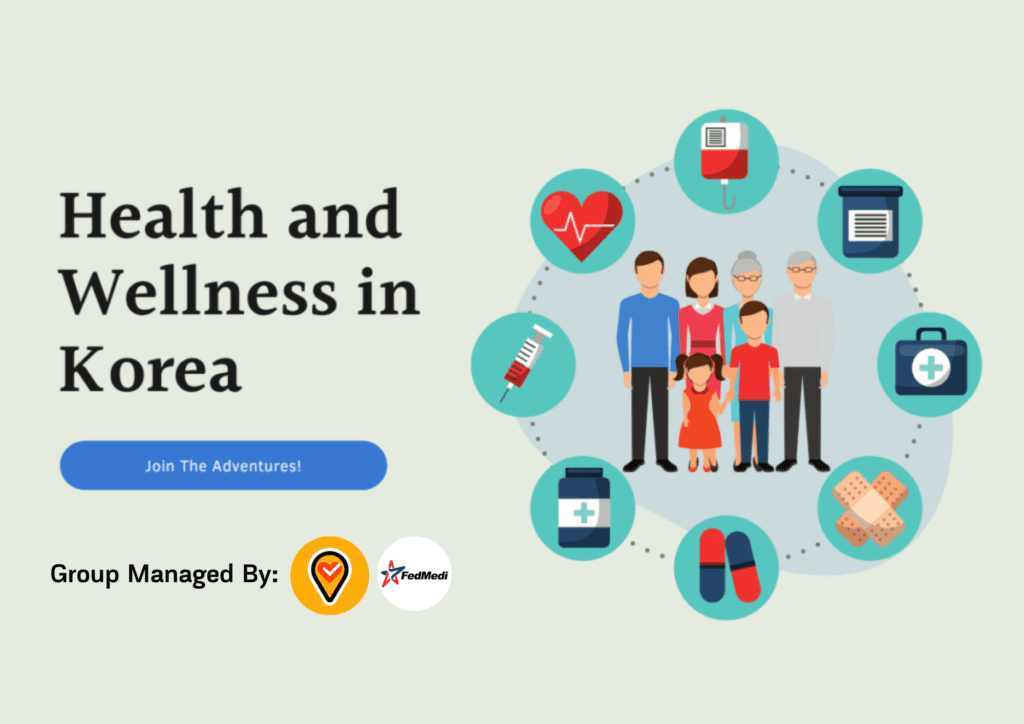
UX/UI Supervisor & Editor

Lanae Rivers-Woods moved to Korea in 2011 where she lives in the countryside with her family, friends, and puppies. She holds a BSSW (Bachelor’s of Science in Social Work), a MAIT (Master’s of Arts in International Teaching), and registered by the Pyeongtaek Korean Times with the Korean government as a Cultural Expert.
Ms. Rivers-Woods used her 15 years experience as a social architect, UX/UI designer, and technology consultant to found South of Seoul in 2015. South of Seoul is a volunteer organization that leverages technological tools to mitigate cultural dissonance in multi-cultural communities.
Through South of Seoul, Ms. Rivers-Woods works with independent volunteers, non-profit organizations, businesses, local & federal government, universities, and US military organizations to develop solutions to support English speaking international residents in rural South Korea.
Additionally, Ms. Rivers-Woods founded the South of Seoul smart phone app available for Google Play and iPhone. The app provides information a resources for those living and traveling in South Korea.
When she isn’t in South of Seoul development meetings or working her day job, Ms. Rivers-Woods loves to be outside at skate parks, the beach, or playing in the mountains.
Research Compliance Supervisor & Editor

Ms. Peck graduated from the University of Utah Asia Campus (UAC) in Incheon with a Master’s in Public Health and her Certification in Public Health (CPH). Ms. Peck also holds a Bachelor’s Degrees in Linguistics and one in International Studies with a Global Health emphasis.
Ms. Peck is Korean American and speaks both English and Korean. She has moved between the US and Korea since childhood, finally settling in Korea after graduating from UAC.
In 2021 Ms. Peck founded the South of Seoul Public Health Program which focuses on research and initiatives regarding the health and wellness of multinational residents in South Korea.
Additionally, Ms. Peck oversees the SOS Public Health Graduate Student Practicum Program which provides mentorship and training for Master’s in Public Health students. The program works with two students a semester with a focus on ethical UX research design, survey development, and initiative implementation.
Primary Researcher & Author

Olivia Bowman is a military spouse living in Pyeongtaek, South Korea. She holds a Bachelor’s degree in Zoology with certificates in Global Health and Environmental Studies from the University of Wisconsin-Madison. In April 2023, she received her Master’s in Public Health with a concentration in Healthcare Organization and Policy.
With a background in healthcare, Ms. Bowman is passionate about increasing access to primary and preventative care, particularly for rural communities like the one she grew up in.
Through her practicum with the South of Seoul Public Health Program (SOS Public Health) in the fall of 2022, Ms. Bowman completed a Needs Assessment aimed at assessing and identifying the healthcare access needs of the international community residing in Korea.



